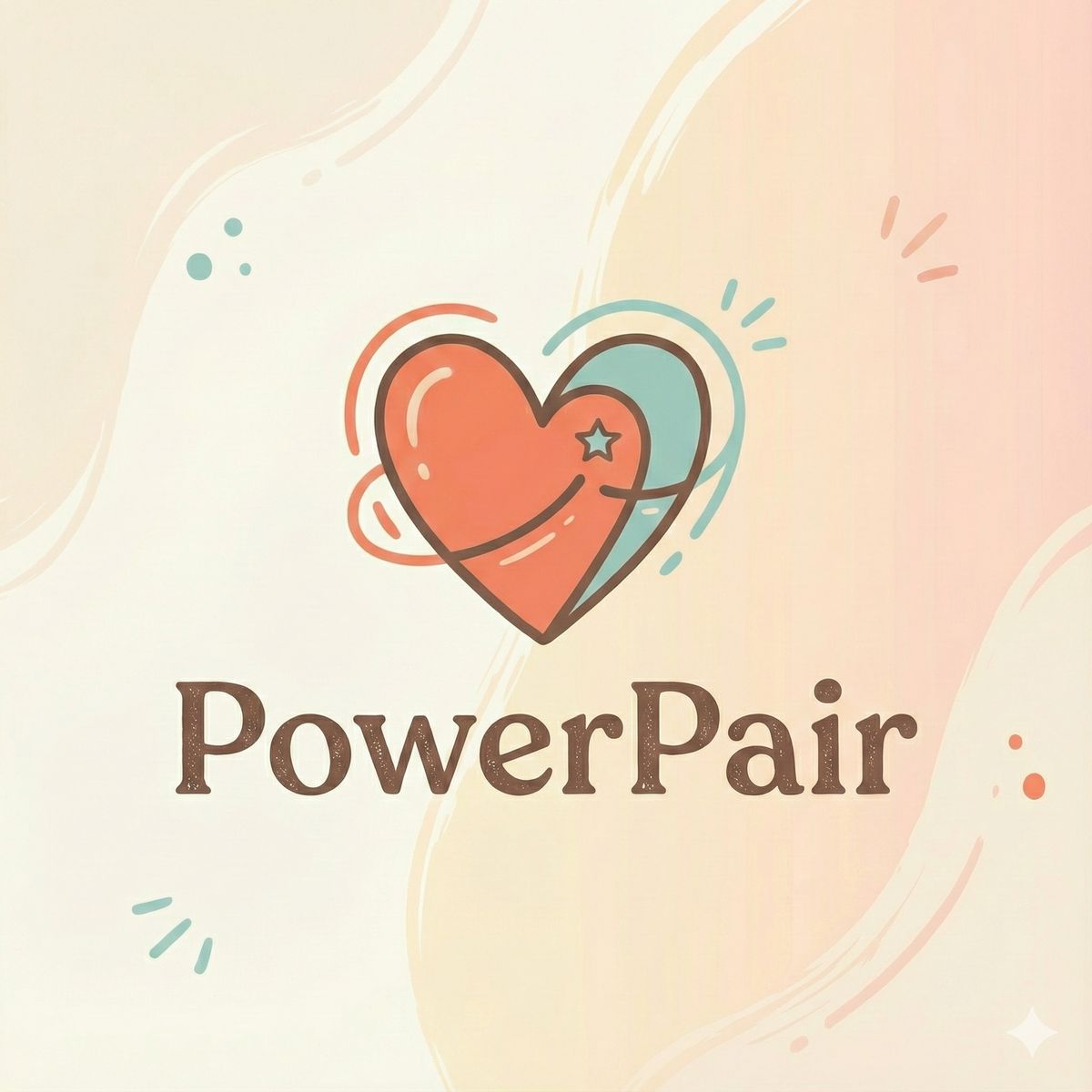- Mind Hacker
- Posts
- The Fragile Architecture of the Heart: A Journey Through the Psychology of Healing
The Fragile Architecture of the Heart: A Journey Through the Psychology of Healing

“There is no greater agony than bearing an untold story inside you.”
— Maya Angelou
Learn from this investor’s $100m mistake
In 2010, a Grammy-winning artist passed on investing $200K in an emerging real estate disruptor. That stake could be worth $100+ million today.
One year later, another real estate disruptor, Zillow, went public. This time, everyday investors had regrets, missing pre-IPO gains.
Now, a new real estate innovator, Pacaso – founded by a former Zillow exec – is disrupting a $1.3T market. And unlike the others, you can invest in Pacaso as a private company.
Pacaso’s co-ownership model has generated $1B+ in luxury home sales and service fees, earned $110M+ in gross profits to date, and received backing from the same VCs behind Uber, Venmo, and eBay. They even reserved the Nasdaq ticker PCSO.
Paid advertisement for Pacaso’s Regulation A offering. Read the offering circular at invest.pacaso.com. Reserving a ticker symbol is not a guarantee that the company will go public. Listing on the NASDAQ is subject to approvals.
Close your eyes for a moment.
Think back to the last time your chest tightened, your throat burned, or your stomach twisted itself into silent knots. Maybe it was the loneliness that crept in after a breakup, a grief-soaked phone call in the middle of the night, or that quiet moment when you realized the dream you cherished had slipped away. Those sensations aren’t just metaphors, they’re neurological earthquakes echoing through the fragile architecture of the heart.
1. Where Pain Lives in the Brain, and Why It Feels So Personal
Modern neuro-imaging has shown that emotional pain lights up the anterior cingulate cortex and insula, the very same regions activated by physical injury. Our brains, it seems, do not politely separate heartache from a broken bone. That’s why rejection can feel like being punched in the ribs, why a single harsh word from someone we love can leave us winded.
Yet pain is also story-shaped. Cognitive psychologist Jerome Bruner once wrote that we organize reality in narrative form; without story, our suffering has no scaffold, no meaning. The moment we begin to put sorrow into words, whether spoken, written, or whispered to a friend—the brain’s language networks (the left inferior frontal gyrus and superior temporal sulcus) start to calm the pain pathways. The story is our first stitch.
2. The Invisible Thread of Attachment
As infants we scan the world for a secure base, a parent’s eyes that say, “You are safe to explore.” When that gaze is inconsistent or absent, we learn to armor up. Attachment theory reminds us that many adult battles are fought with childhood weapons: anxious clinging, avoidant detachment, ambivalent oscillation between the two.
But here’s the heart-stretching truth: earned security is possible. Research by Dr. Mary Main shows that adults who once had precarious bonds can, through therapy or loving relationships, rewrite their attachment scripts. Neuroplasticity is not a poetic hope; it’s a biological fact. Every authentic hug, every “tell-me-more” conversation, lays new myelin on the pathways of trust.
3. The Alchemy of Vulnerability
“Vulnerability sounds like truth and feels like courage. Truth and courage aren’t always comfortable, but they’re never weakness.”
— Brené Brown
Why does speaking the unspeakable loosen a tight chest? MRI studies reveal that naming an emotion, “I’m terrified,” “I’m ashamed”, reduces amygdala activation by up to 40 percent. The prefrontal cortex steps in, offering perspective, like a gentle hand on a racing heart.
Think of it as psychological alchemy: shame transmuted into acceptance, fear into agency, isolation into common humanity. We evolve not by deleting the painful chapters but by underlining them in ink that shimmers with meaning.
|
4. Post-Traumatic Growth: Flowers in the Cracks
Not everyone emerges stronger from adversity, yet about one-third of trauma survivors report post-traumatic growth, a deeper appreciation of life, richer relationships, or newfound purpose. Psychologists Tedeschi and Calhoun describe five corridors where growth often unfolds:
Relational depth – We hug longer, listen harder.
Spiritual awakening – Big questions replace small talk.
Personal strength – “If I survived that, I can survive this.”
New possibilities – Some doors slam so others can open.
Life appreciation – Sunrise tastes sweeter after long nights.
Growth doesn’t cancel pain; it braids it into wisdom. Picture a kintsugi bowl, gold filling the cracks, stronger than before precisely because it was broken.
5. Self-Compassion: The Soft Armor
Dr. Kristin Neff’s research on self-compassion shows that speaking to ourselves like a caring friend reduces cortisol, lowers inflammation markers, and boosts heart-rate variability. It isn’t self-pity; it’s self-mothering.
Try this tonight: place your hand over your heart, inhale for four counts, exhale for six. Whisper, “May I give myself the kindness I need.” Feel the parasympathetic nervous system engage, like gentle rain on a tin roof. Over time, this ritual rewires our threat-focused brains to notice safety signals, even in stormy weather.
6. Collective Healing: We All Breathe the Same Air
Loneliness carries a mortality risk equivalent to smoking fifteen cigarettes a day. The antidote is not just company, it’s authentic connection. Shared laughter floods the bloodstream with oxytocin; synchronized breathing in choir practice aligns heart rhythms; even silent presence at a candlelight vigil can steady the trembling psyche.
When we choose community over comparison, we remind one another that healing is a team sport. Your story is a thread in my tapestry; my tears water your garden. Ubuntu, a South African philosophy, says: “I am because we are.”
|
Rank #1 on Amazon—Effortlessly with Micro-Influencers!
Stack Influence automates micro-influencer marketing to boost your Amazon ranking and revenue. Trusted by brands like Unilever and Magic Spoon, our platform drives external traffic and authentic content at scale, effortlessly.





Reply